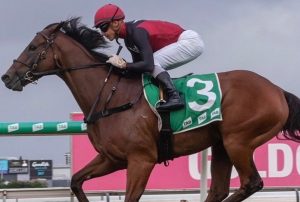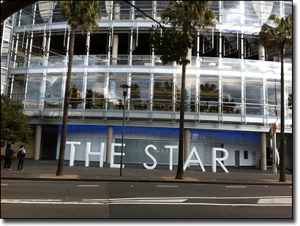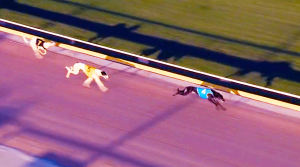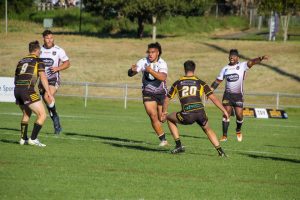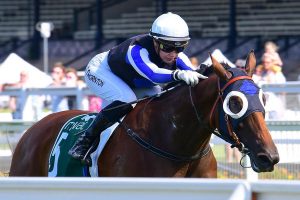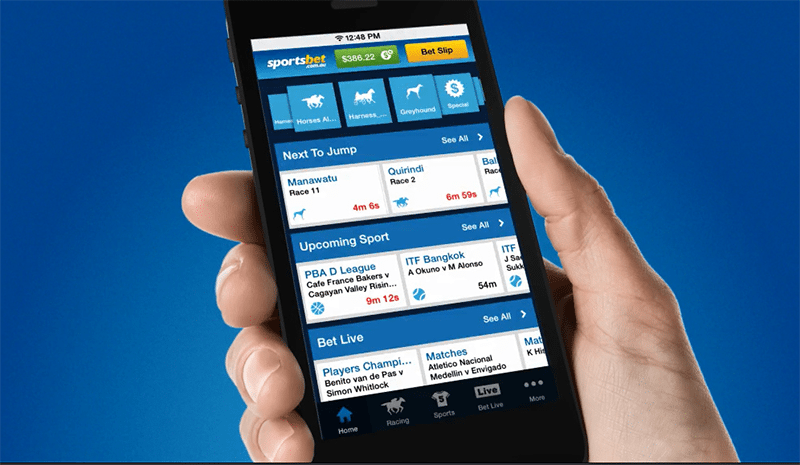 HERE’S something new.
HERE’S something new.
An online bookmaker forgetting about dollar signs for five minutes and thinking about the harm it could be doing to our most vulnerable.
You could argue bookies do that all the time, but that is only because of stringent rules and regulations the compel them to.
But sportsbet.com.au has given up a valuable marketing tool, abandoning Instagram because of concerns it could be reaching children.
The bookmaker’s Ben Sleep revealed the cutting edge online bookie had given away the popular social media instrument in the wake of new gambling self-regulation that deemed the marketing of gambling at children taboo.
“Sportsbet stopped utilising Instagram, earlier in the year, because we tested their age ratings and felt it didn’t really work properly,” he said at the Mumbrella Sports Marketing Summit last week.
“We weren’t comfortable with the margin of error and the ability of us to exclude children,” Sleep said.
“We have to think about how people in today’s world are consuming content not just on TV.”
Sleep, the bookie’s regulatory affair director, told the summit the entire gambling industry was still getting its collective head around the new self-regulatory provisions, provided by the Austrian Association of National Advertisers.
The code, which came in on July 1, bans any advertising that targets minors.
It is a nine point code that prohibits the gambling companies from using marketing tools that focus on peer pressure to have a bet. It also zeroes in on sexually suggestive content and marketing that glamourises gambling as a quick fix to get out of your financial problems is a no-no. The code also stops bookies from advertising gambling with the consumption of alcohol.
The AANA code has been slammed by Tabcorp, the giant questioning its need.
“We are sympathetic to concerns about the proliferation of wagering advertising and recognise that the excessive levels of advertising are in nobody’s interest,” A Tabcorp spokesman said.
“Our position is that wagering advertising is best dealt with through a national and consistently applied legal and regulatory framework, rather than through a self-regulated code, which does not have broad endorsement.
“Since the idea for the code was first proposed, the landscape has changed with the NSW government toughening its stance on inducements and live odds advertising.
“The Federal Government has also made it clear that online ‘in play’ betting on sport is illegal.
“Despite that some wagering operators are not complying.
“This sort of behaviour raises questions about whether the code will be adhered to in any case.”
AANA boss Matt Tapper said the new code provided “a robust self-regulatory framework for the industry” and “a channel for the public to raise concerns”.
“The new code responds to community expectations that are specific to the content of wagering advertising and provides the public with a transparent and easily accessible complaints procedure via the single point of the Advertising Standards Bureau,” Tapper said.
Right before the provisions came in, online bookmaker Ubet became the first betting company to be convicted for promoting drinking while gambling, under New South Wales legislation.
The company was fined $3300 in the magistrates court over an ad that depicted people with half drunk beers having a punt on the National Rugby League.
Another panellist at the summit, Advertising Standards Bureau chief Fiona Jolly said a complaint had already been made under the new code, but was yet to be resolved.
“It is important for marketers to understand what the new rules are and think about them when you are developing your next content piece,” said Jolly.
“The objective of the code is to ensure that advertisers and marketers develop and maintain a high standard of social responsibility in marketing their products in Australia.
“Complaints to the Advertising Standards Board about wagering and more broadly gambling advertising have gone from one per cent of total complaints to five per cent of total complaints over the last few years.”
And the Australian Wagering has also backed the code, in the wake of fresh attacks from new Federal powerbrokers, like anti-gambling MP Senator Nick Xenophon.
AWC boss Ian Fletcher said: “AWC members have listened to the concerns raised by the community and have told the government they want to engage to get acceptable advertising regulation in place.”
“That’s why they applaud the development by the AANA of a Wagering and Advertising Marketing Communications Code.”
At the summit, Sleep covered several topics that impacted on the gambling industry, revealing that “most of the wagering firms are loss making and now it’s at a point where it can’t continue”.
He was referring to an escalating media war between the online gambling companies, which he called “media inflation”.
“I don’t know what the sector wide spend is but it is certainly growing,” he said.
“It is increasing in two ways: one is the volume (of money) available and two the material media inflation that we face, in terms of the competition.
“The media inflation has actually reached an unsustainable level, outside of any community concerns.”
He spoke on the wide comparisons of the wagering industry with the likes of tobacco and other so-called “vice” industries.
“Tobacco has been proven around the world that every smoke does you damage,” said Sleep.
“The vast vast majority of people who are wagering aren’t doing themselves damage and that is a material consideration.”

